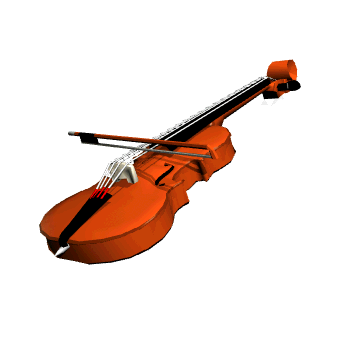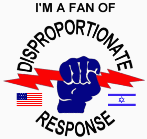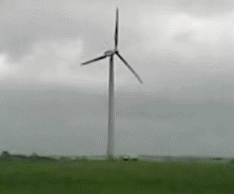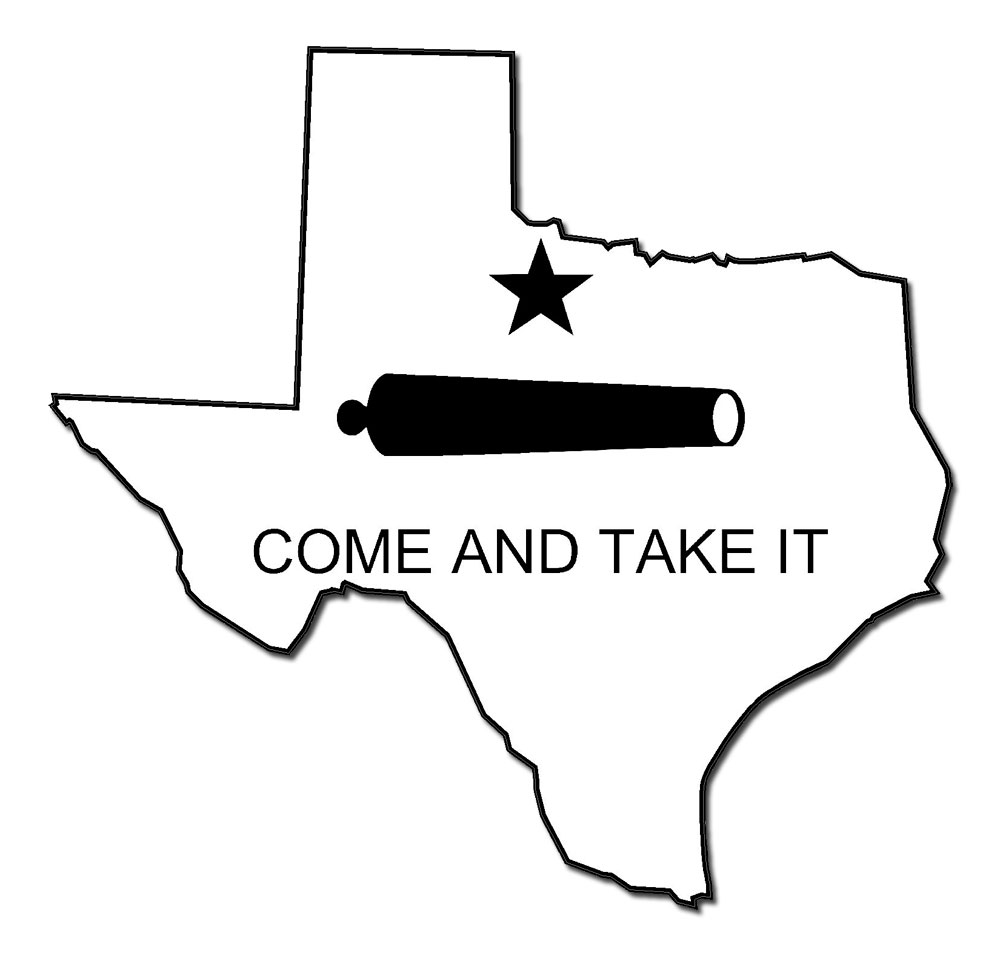July 23, 2021
By George Friedman
The U.S. military presence in Afghanistan is winding down, just as it had in Iraq and Vietnam. There are always those who believe wars must be fought, and when they are fought, they are fought by those out in the shit, where lives are lived in the dirt and in the foul smells that feed the battlefield, from unclean bodies to exploded munitions. Later, these soldiers will speak of duty and honor, and they will mean it, but while in the shit, they usually think of the condition of their weapons, the likelihood of a warm meal, and the profound fear of death competing with the profound fear of fear itself.
The life of a soldier in combat is lived with a strange love for what has archaically been called brothers in arms, and if there is honor, it rests in the respect of those he loves and the urgent need not to think of that love or even express it. His brethren share everything with an intimacy even the best marriage can’t imagine. Everything belongs to everyone, from the last drop of water in your canteen to the last drop of your blood. And when a brother or sister dies, the feeling is one of not only loss but also shame. The fear is that there is something you could have done but didn’t do, or more bearably that it was a result of failure to be alert. In fact, death is simply something that happens in war. An artillery shell or a sniper round happened to hit home, and someone died accordingly. The soldier’s soul revolts at the thought that it is mere accident. If it were mere accident, then the death would have no meaning. There is a desire to believe that death can be defeated by vigilance and caring. This is untrue, but when a soldier’s friend dies, the soldier often feels responsible. They call it PTSD now, but this medical condition fails to capture its real name – heartbreak – made all the more agonizing because there’s no time to mourn in the heat of battle and little appetite among the public to let them mourn when they return to civilian life. The deployed must live a life in which loved ones – even the most unlovable – are their responsibility, their death, their shame.
Wars are waged from faraway headquarters often with shocking carelessness. The planners don’t know the enemy, and they don’t really know the terrain. They don’t know the smells that are endured, and they don’t know the name of the soldier who just died. This is as it should be. Presidents and generals cannot afford to love the men they send to war. They must treat war as impersonal, a balance sheet containing available artillery, airstrikes and the latest intelligence about the intention of the enemy. Much of the balance sheet is wrong. The war is far away, and the soldiers who know the answers are too busy defending their unit. War is the sphere of uncertainty, and the farther from the battlefield you are, the more uncertain it is. The experts on war hold forth with power points. Those living wars understand that the reality is the unknown thing lurking behind the tree line.
The reality of Afghanistan was simple. Al-Qaida planned its attack on the United States from Afghanistan, so Afghanistan had to be attacked in order to destroy al-Qaida. After Washington failed to destroy the group, a second objective arose: to pacify Afghanistan and cleanse it of its radical Islamists so they would not threaten the United States again. The logic would have been impeccable had it been connected to reality. Radical Islam is the dominant religion of Afghanistan; cleansing Afghanistan of radical Islamists can’t happen. The Russians, British and countless others failed to, so why would the U.S. succeed? To war planners, the answer was probably air power or better intelligence or some other form of illusion. Thus, in clean rooms with lunch served on china and no tears shed, a tough mission that failed was replaced by an impossible mission that had to fail.
The United States also repeatedly failed to admit the obvious. There were good reasons to remain in Afghanistan: proving to the Muslim world that America would ruthlessly pursue its enemies, convincing allies that the U.S. would not cut and run, and so on. So the war went on, far beyond the point where anyone seriously thought the U.S. could achieve its goals. It went on because it was easier to continue the war than to end it.
And so a generation of American soldiers went to the shit with the pseudo-brave uncertainty that welcomes newcomers to the battlefield, to the sorrow that is its true meaning. Soldiers quickly learn that they want badly to leave, though they never admit as much to the soldiers they will come to depend on and then love in that strange and twisted way they have done since Troy and Jericho.
Eventually, reality sets in, and it is time to go. And then that realization comes to those who are in theater, and the remembrance of those who were there and the recollection of all that was lost strikes. It is not only those lost but also the youth of those who survived that was surrendered. The careless frivolity of the young is gone, and all that is left is a grim anger and an inability to live the life that others live.
The withdrawal from Afghanistan is necessary. Bringing over the translators to the United States is a moral obligation. Thinking of the Afghans who died innocently or fighting for their beliefs is needed. A thought should be given to the war planners who didn’t intend the war to end this way. It is easy to believe that you would have chosen differently under the same circumstances, when you never would face that moment. All of these things have to be remembered. But when the withdrawal was called, my thoughts were for the soldiers who fought in Afghanistan long after good reasons had evaporated. This was another war lost because it could never have been won. Do not mourn the geopolitics of failure; mourn what geopolitics has done to their souls. They have to live with their failures, real and imagined, and now with the thought that it was all for nothing.
The soldiers’ hearts will be broken less by war than by the peace that revealed the indifference with which their courage and brotherhood were used and discarded. To fight and be told defeat didn’t matter is heartbreaking. There is no redemption for them but love, but it is hard to love the brokenhearted.
Via GeoPoliticalFutures
















